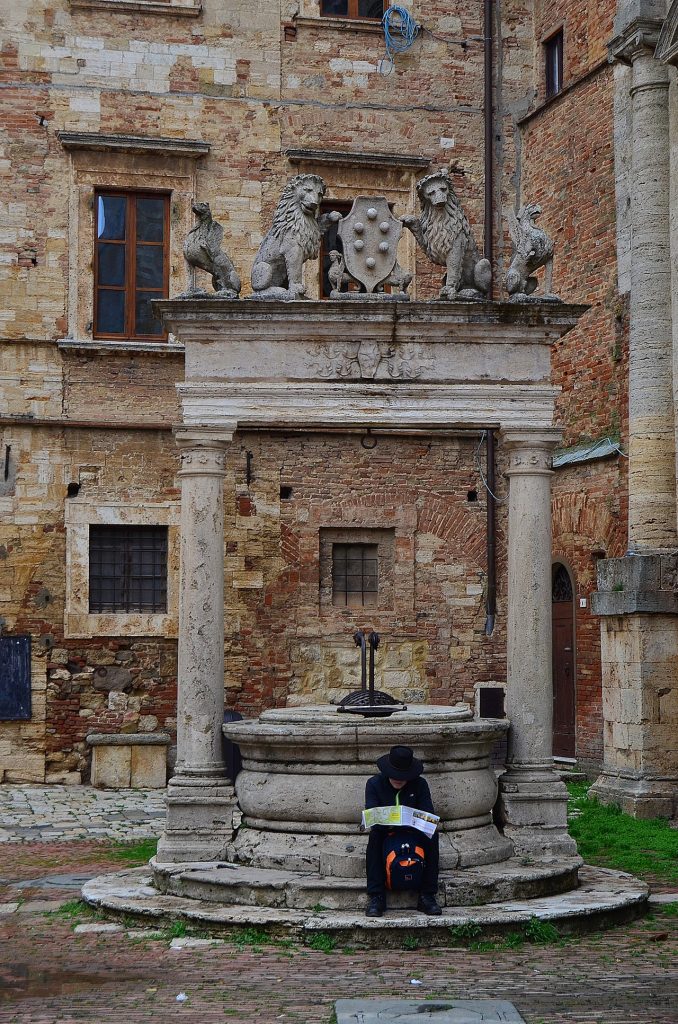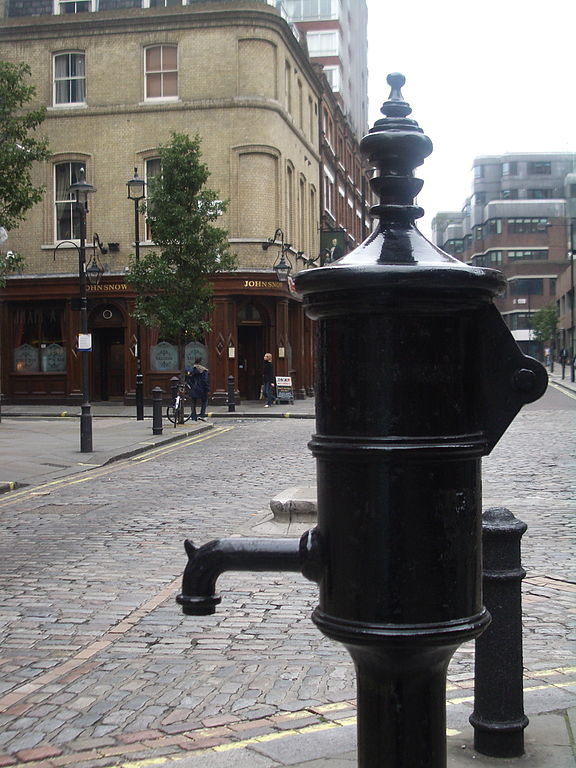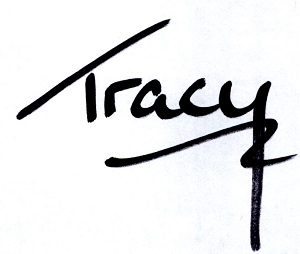

Thing is, not so long ago, everyone had to carry water from the nearest source, back to their living space. Running water as been common (and a legal requirement) only in the last 100 years, and only in highly urbanized countries.
The Romans invented indoor plumbing.
They also learned how to engineer aqueducts that would carry water from melting glaciers, high altitude lakes, springs, and other far away sources. The aqueducts would bring the water across miles of land to towns and cities. The aqueducts slope, always letting the water run downhill, sometime only by a degree or two, but enough to keep the water moving.
They are stunning feats of engineering.
Only, once the water reached civilization, only the rich could afford the pipes and channels that would bring the water into their houses.
The plebes had to collect what water they needed at the nearest town outlet and carry it back home.
 Have a think about that. How much water do you use in a day?
Have a think about that. How much water do you use in a day?
Your coffee in the morning. Washing dishes, cooking, showering. Laundry. Cleaning your teeth. More coffee. Watering plants. Watering pets. Cleaning.
Every single cupful of water you use was once carried back to the house from a distant well or pump or pool or stream (and in parts of the world, still is).
Of course, a faucet-free house would limit the use of that water. If you’re hauling it yourself, you automatically become far more conservative. Yet there are some functions of survival that require water: cooking, drinking. Later on (some) bathing. Care of the sick.

When the Roman empire contracted in the fourth and fifth centuries, many of their technological marvels were destroyed and the knowledge of their use was lost. Communities reverted to more primitive methods of collecting water. Usually, the woman of the house headed for the nearest stream or spring or lake and hauled water back home. As the children grew older, the chore fell to them. Land close to running water was prized, which is why all ancient and medieval towns were centered upon a water source, usually a river.
Since the earliest times, man has also dug wells to reach below the water table and access fresh water, when a natural source of water is not nearby. There are wells in existence that date back to the early Neolithic period. Before the invention of motors, getting water from a well always involved dropped a bucket of some type, then hauling it up by hand, or by using a hand-wound winch or pulleys.
There are wells dotted across the Saharan dessert. In a land where everything else of remote use is scavenged and carried away, well covers and the equipment to haul water is always left in place.
Town wells became even more common in the medieval period. As the technology for carting water improved, town pumps replaced the wells…but still, everyone was hauling the stuff home.
Eventually, plumbing reached even the poorest of houses in western societies. At first, purely cold water, but later, water heaters became the norm, too.
In Robert Heinlein’s SF classic, To Sail Beyond the Sunset, the heroine, Maureen, was born in the late 19th century, in a house without running water. She says about the first bathtub she ever saw:
I dreamed about that tub, all white enamel, and hot water up to my chin. I could be seduced for a hot bath. They say every woman has her price. That’s mine.
I am immeasureably pleased by the fact that I don’t have to haul water every day. You?
Cheers,

Get the news that no one else does. Sign up for my newsletter.
For a short while, you get a bundle of ebooks, free, when you sign up, as a Starter Library. Details here.